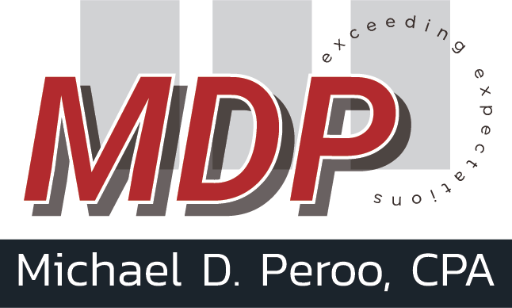
Estate Planning
Crafting Your Legacy: A Comprehensive Guide to Preparing an Estate Plan
Estate planning is an essential process that allows you to outline your wishes and ensure the smooth transition of your assets to your loved ones upon your passing. It is not just for the wealthy; everyone, regardless of their financial situation, should have an estate plan. In this article, we will walk you through the key steps and considerations for preparing a comprehensive estate plan.
12 Ways to Craft Your Legacy with an Estate Plan
Take Inventory of Your Assets
Before you can begin creating an estate plan, you need to know what you have. Make a list of all your assets, including real estate, bank accounts, investments, life insurance policies, retirement accounts, personal property, and any business interests. This inventory will serve as the foundation for your plan.
Set Your Goals and Objectives
What do you want to achieve with your estate plan? Common goals include providing for your spouse, children, or other beneficiaries, minimizing estate taxes, and preserving your legacy. Your goals will shape the specifics of your plan.
Create or Update Your Will
A Last Will and Testament is a fundamental part of your estate plan. It outlines how you want your assets distributed after your death. Be sure to name an executor, guardians for minor children, and specify any bequests or charitable donations.
Consider a Living Will and Healthcare Proxy
A living will and a healthcare proxy (also known as a medical power of attorney) outline your healthcare preferences and designate someone to make medical decisions on your behalf if you become unable to do so. These documents are crucial for ensuring your wishes are respected.
Establish Trusts
Trusts are versatile tools that can help you achieve various estate planning goals, such as avoiding probate, providing for minor children, or managing assets for beneficiaries. Common trusts include revocable living trusts, irrevocable trusts, and special needs trusts.
Plan for Incapacity
In addition to end-of-life planning, consider what will happen if you become incapacitated. Establish a durable power of attorney, designating someone to handle your financial affairs, and create a healthcare power of attorney for medical decisions.
Review and Update Beneficiary Designations
Your life insurance policies, retirement accounts, and other financial instruments often require you to name beneficiaries. Ensure that your designations align with your estate plan, as they typically supersede instructions in your will.
Address Estate Taxes
Depending on the size of your estate, estate taxes may be a concern. Work with a tax professional to understand the implications and explore strategies to minimize tax liabilities.
Organize Important Documents
Keep all estate planning documents, such as your will, trusts, and insurance policies, in a secure and accessible location. Inform your loved ones of their whereabouts, so they can be easily located when needed.
Consult with Professionals
Estate planning is a complex field, and it's advisable to consult with professionals who can provide guidance. Consider working with an estate planning attorney, financial advisor, and tax specialist to ensure that your plan is legally sound and tax-efficient.
Communicate Your Wishes
Open and honest communication with your family is crucial. Discuss your estate plan and the reasons behind your decisions with your loved ones. This can help prevent misunderstandings and disputes later on.
Periodically Review and Update Your Plan
Life circumstances change, so it's important to revisit your estate plan regularly. Major life events, such as marriage, divorce, the birth of children or grandchildren, or significant changes in financial status, should trigger a review and, if necessary, updates to your plan.
Let MDP Help You Create an Estate Plan Today
Michael D. Peroo, CPA can help you create an estate plan that will ensure that your wishes are carried out and your loved ones are provided for in the future. It's a process that requires careful consideration, professional guidance, and regular maintenance. With a well-crafted estate plan, you can have peace of mind knowing that you have taken steps to protect your legacy and the financial well-being of your family.
Categories
- All
- Auditing(2)
- Business Planning(7)
- CFO Services/Accounting(3)
- City & County Budgeting(1)
- Estate Planning(4)
- Fiscal Sustainability(3)
- Healthcare(1)
- IRS Representation(2)
- Mergers & Acquisition(1)
- Retirement Planning(8)
- Tax Planning & Consulting(7)
- Utility Rate Study(1)
